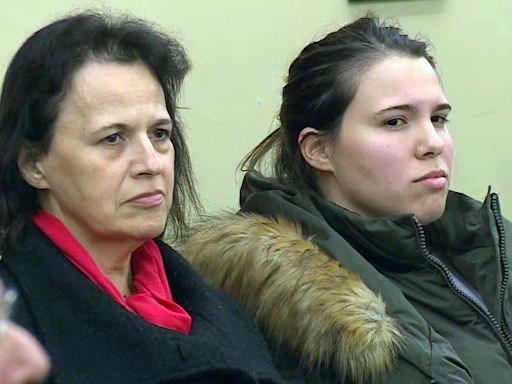Search results
Lester Bowles " Mike " Pearson PC OM CC OBE (23 April 1897 – 27 December 1972) was a Canadian politician, diplomat, statesman, and scholar who served as the 14th Prime Minister of Canada from 1963 to 1968. Born in Newtonbrook, Ontario (now part of Toronto ), Pearson pursued a career in the Department of External Affairs.
- Early Life and Career
- Representing Canada Abroad
- Deputy Minister of External Affairs
- Minister of External Affairs
- Leader of The Liberal Party
- Prime Minister 1963–68
- Legacy
Lester Pearson was the son of a Methodist parson. He spent his childhood moving from one parsonage to another before enrolling in history at the University of Toronto. With the outbreak of the First World War, he enlisted in the Canadian Army Medical Corps. In 1915, he was shipped to Greece to join the Allied armies fighting the Bulgarians. After t...
In 1935, Pearson was sent to London as first secretary in the Canadian High Commission. This gave him a front-row seat as Europe drifted towards the Second World War. He was profoundly influenced by what he saw; as a result, he attached great importance to collective defence in the face of dictatorships and aggression. In 1941, Pearson returned to ...
In September 1946, Pearson was summoned home by Prime Minister Mackenzie King to become deputy minister (or undersecretary) of external affairs. He continued to take a strong interest in the UN; but he also promoted a closer political and economic relationship between Canada and its principal allies, the US and the United Kingdom. ( See also Middle...
By the time NATO was in place, Pearson had left the civil service for politics. In September 1948, he became minister of external affairs and subsequently represented Algoma East, Ontario, in the House of Commons. As minister, he helped lead Canada into the Korean Waras a contributor to the UN army. In 1952, he served as president of the UN General...
By 1957, Pearson was no longer in office. He and the St-Laurent government were widely blamed for not standing by Britain in 1956. The Liberals were defeated and St-Laurent resigned as leader. At a convention in January 1958, Pearson defeated Paul Martin, Sr.to become party leader. The Liberals faced a Conservative minority government under John Di...
Pearson took office on 22 April 1963. His government was expected to be more businesslike than Diefenbaker’s; but it proved instead to be accident-prone and effectively aborted its first budget. Much of Parliament’s time was spent in bitter partisan and personal wrangling, culminating in the great flag debate of 1964. Historian Rick Archbold descri...
For all its superficial chaos, the Pearson government left behind a notable legacy of legislation: a Canada Pension Plan; a universal medicare system; a unified Armed Forces; and a new national flag. However, its approach to the problem of Canada’s economically disadvantaged regions was less successful. His government’s legacy, which included the G...
Apr 19, 2024 · Lester B. Pearson (born April 23, 1897, Toronto, Ontario, Canada—died December 27, 1972, Ottawa) was a Canadian politician and diplomat who served as prime minister of Canada (1963–68). He was prominent as a mediator in international disputes, and in 1957 he was awarded the Nobel Prize for Peace.
- The Editors of Encyclopaedia Britannica
With 36 elementary schools, 11 secondary schools, and a variety of adult learning centres from Verdun to the Ontario border, the Lester B. Pearson School Board…
In 1969, he chaired a major inquiry for the World Bank. With these accomplishments, together with his groundbreaking work at the United Nations, and in international diplomacy, Pearson can safely be regarded as one of the most influential Canadians of the twentieth century.
Oct 7, 2008 · Learn about the life and achievements of Canada's 14th prime minister, who won the Nobel Peace Prize for his role in the Suez crisis and introduced universal medicare, bilingualism, and the flag. Read an article by Andrew Cohen, author of Lester B. Pearson, from Maclean's magazine.
The Nobel Peace Prize 1957 was awarded to Lester Bowles Pearson "for his crucial contribution to the deployment of a United Nations Emergency Force in the wake of the Suez Crisis"
Search For Yearbooks & Old Friends From Lester B. Pearson School. Join Free. Search Classmates® For Yearbooks, Alumni & Old Sweethearts from High School. Register Free

